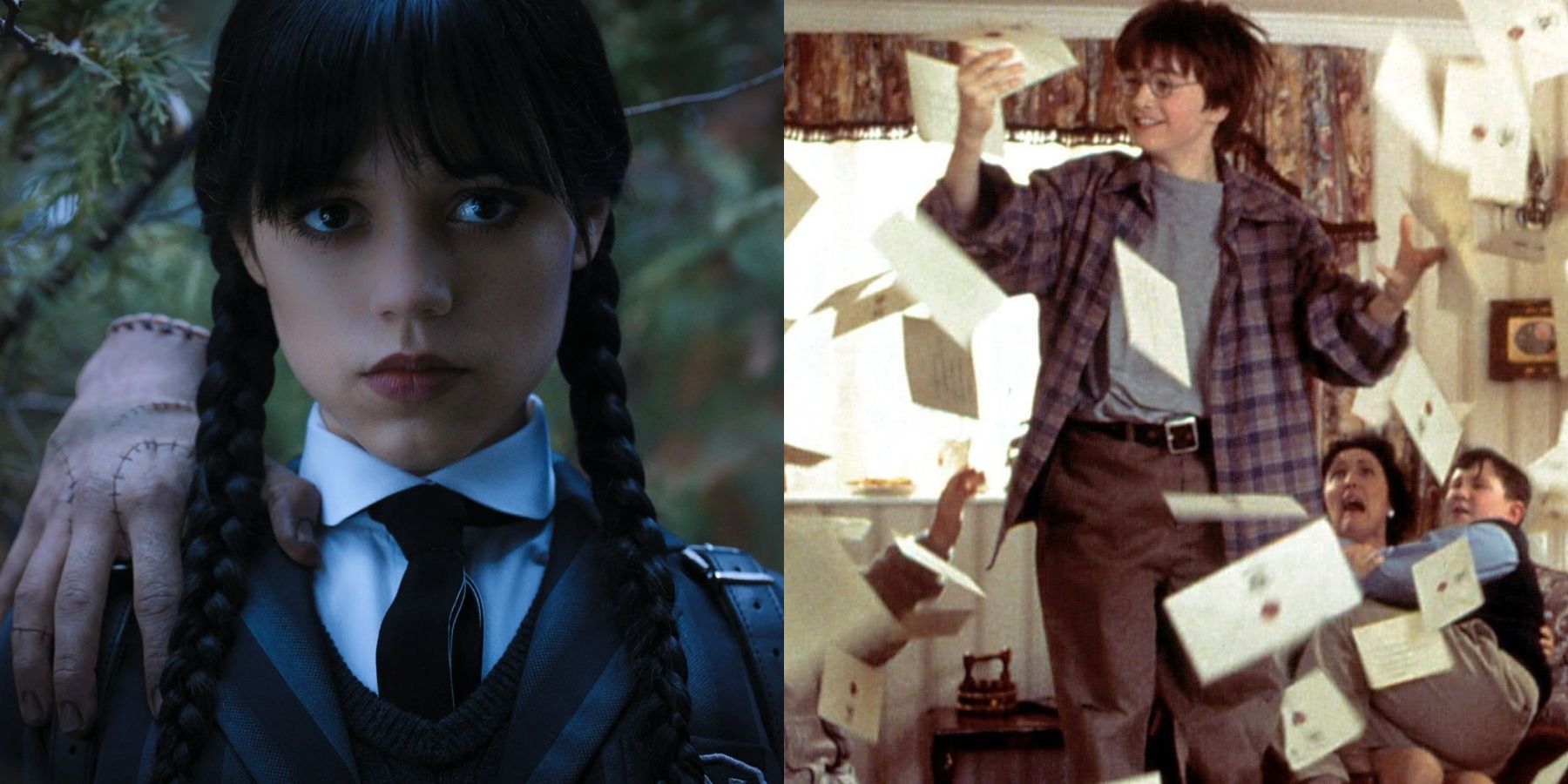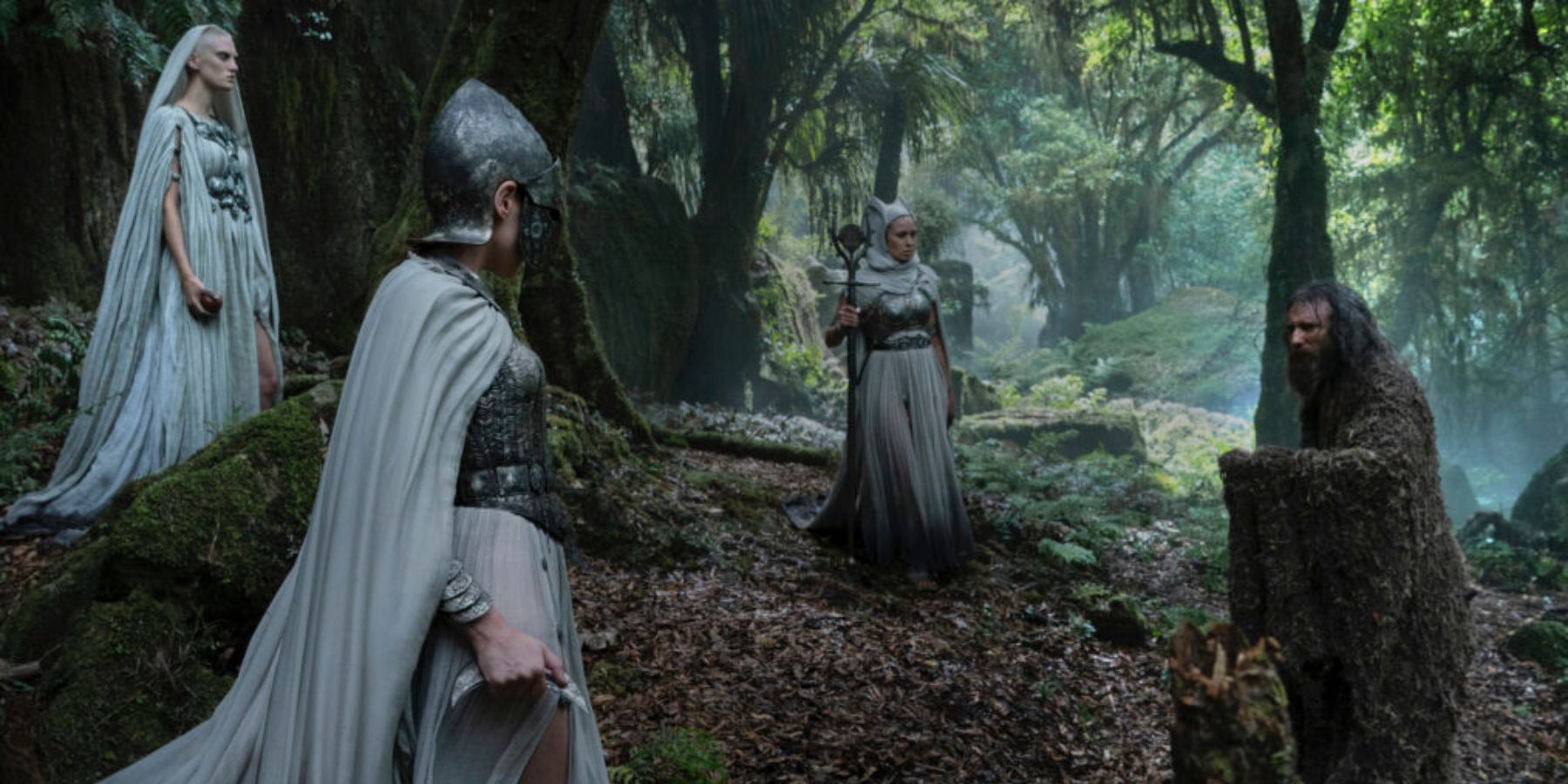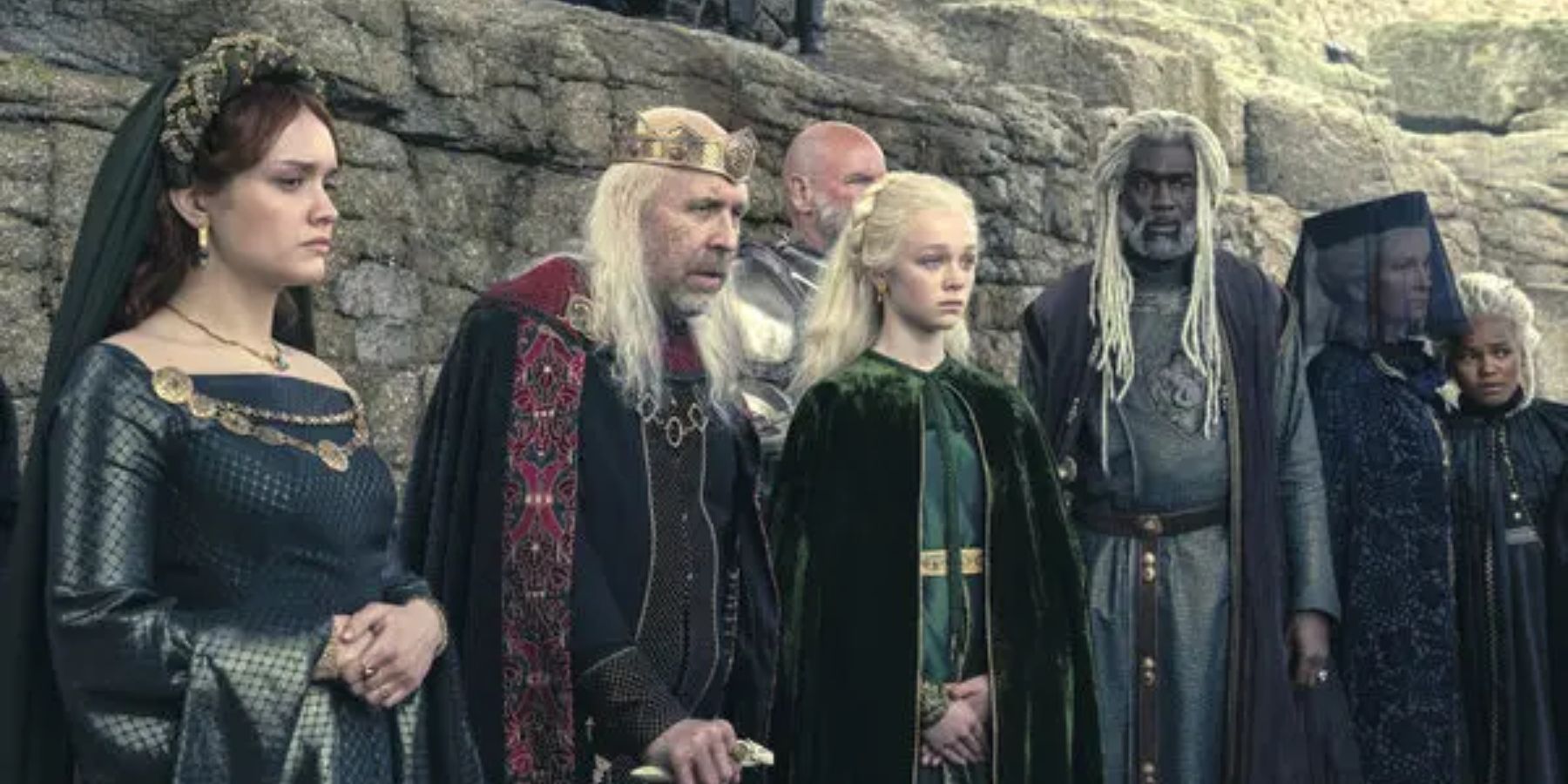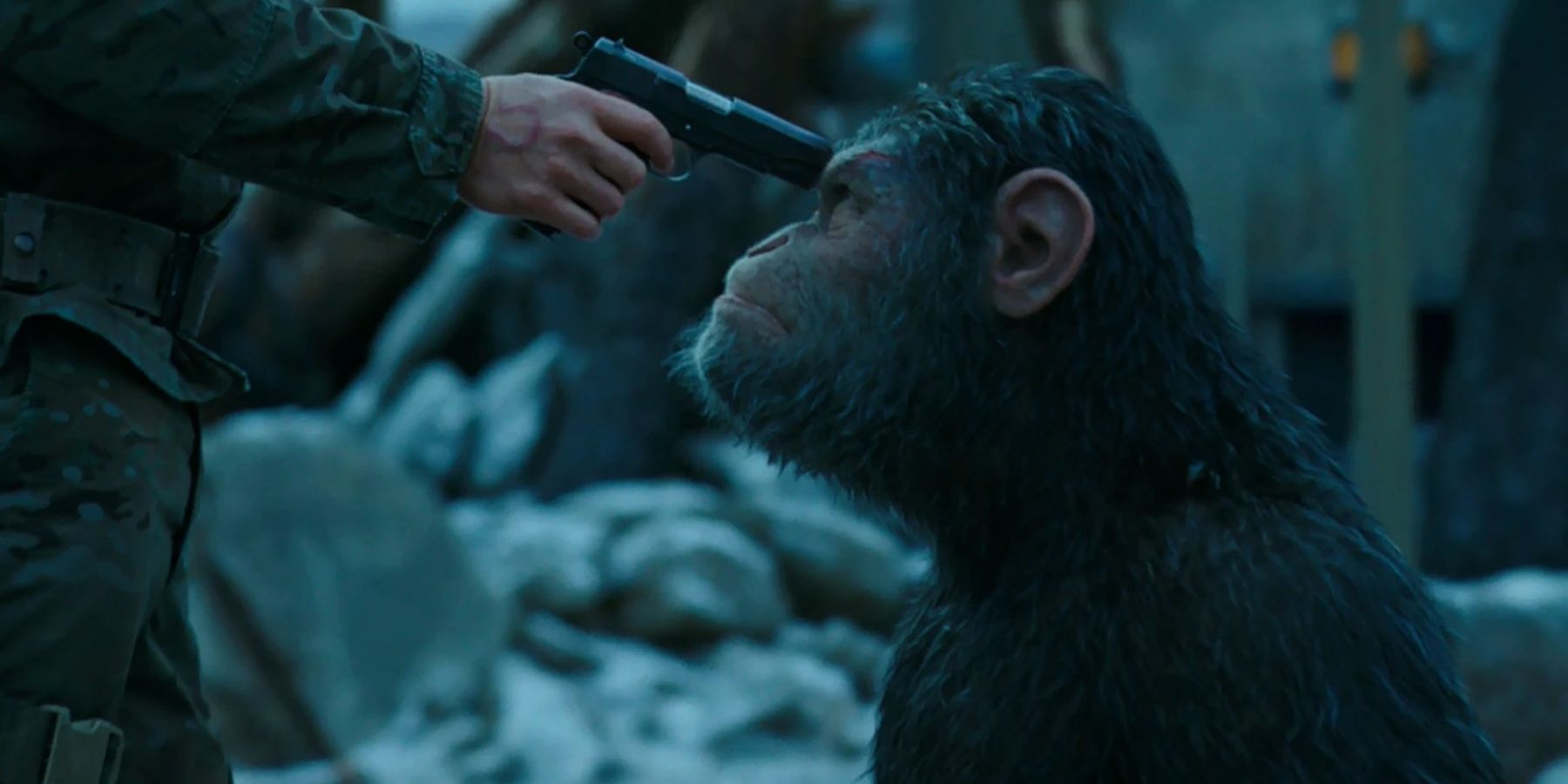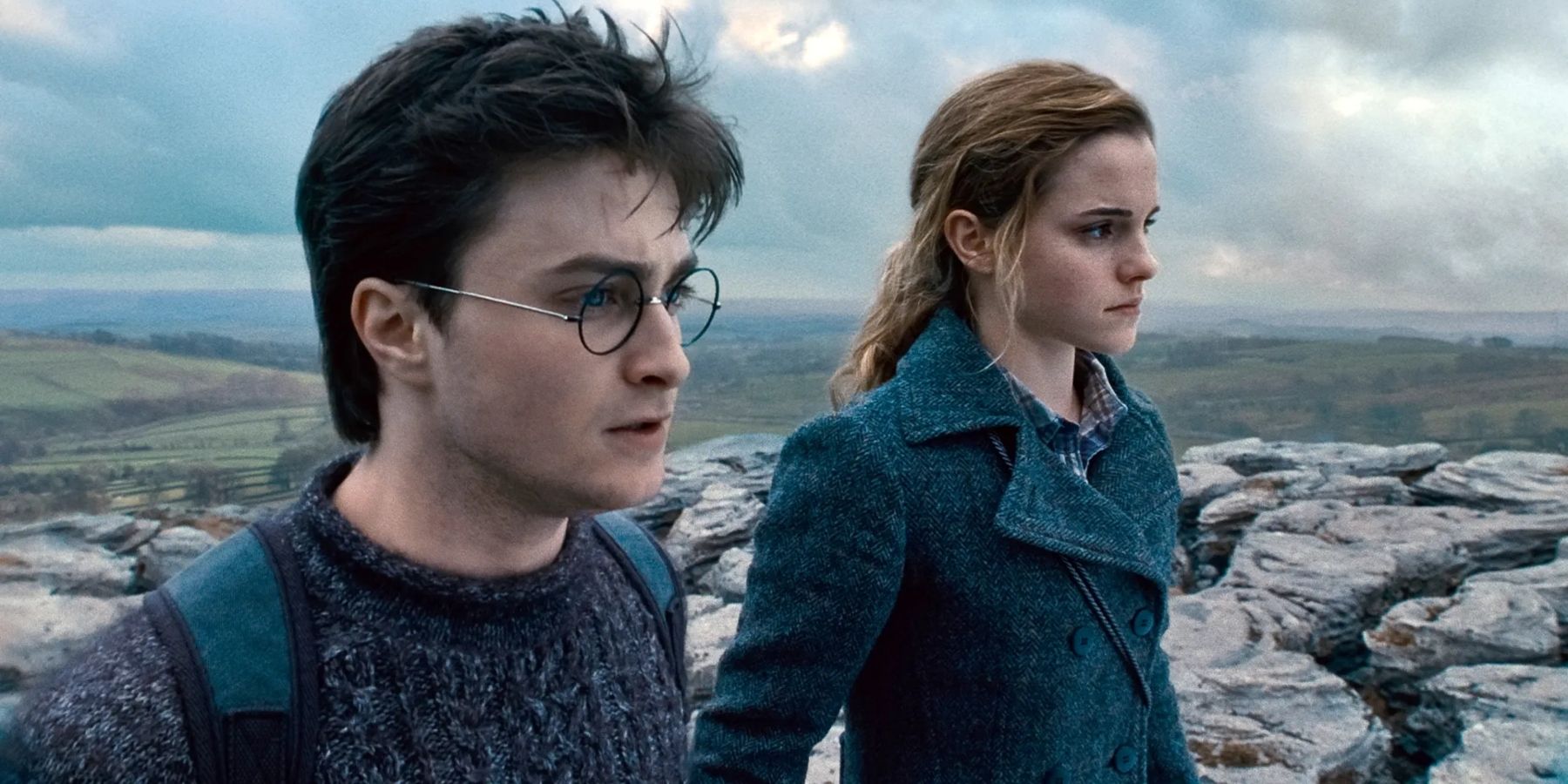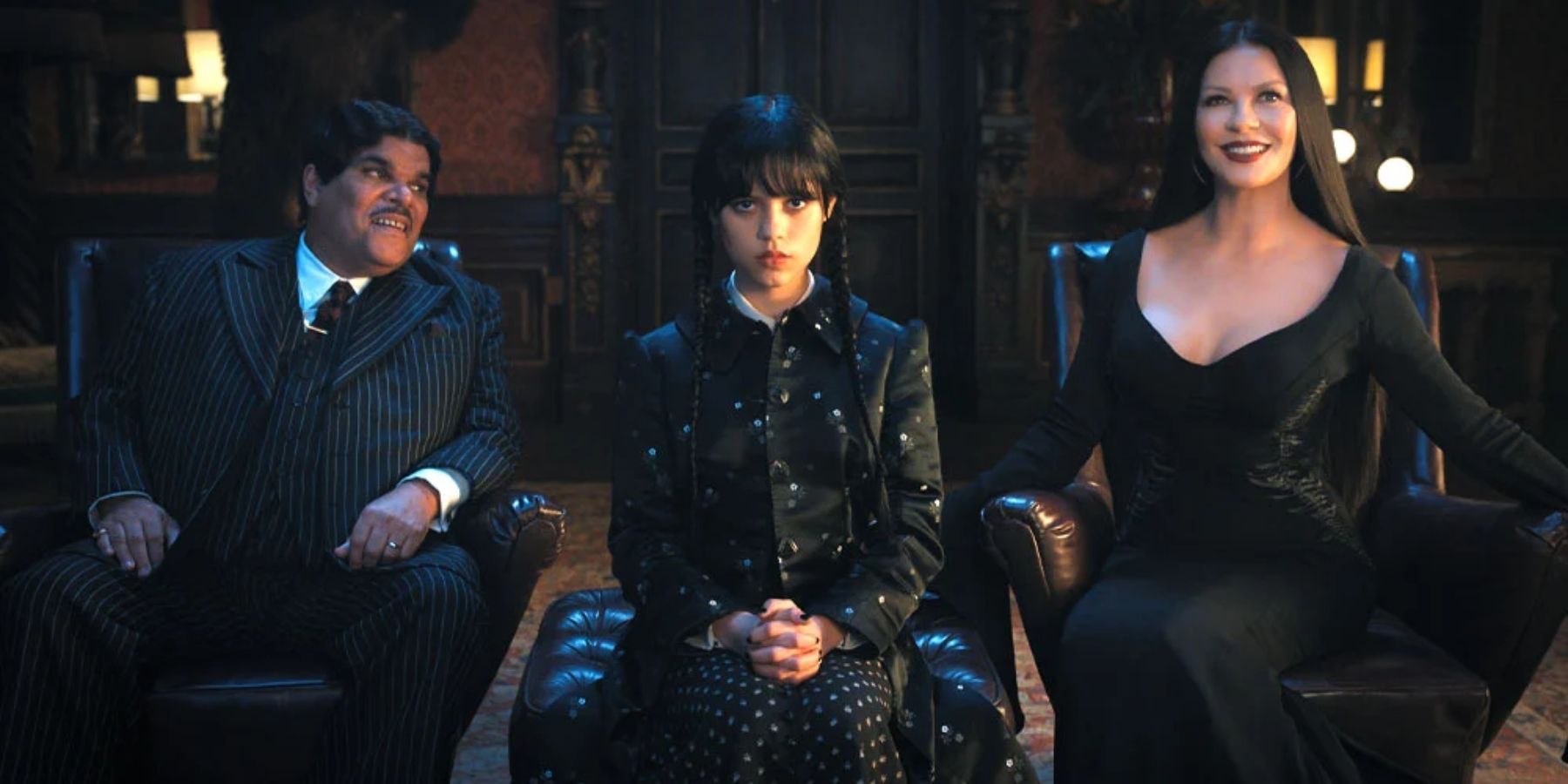In general, the film industry can be a risky business, because so much of what is made is dependent upon what will sell and make maximum profit. Because of this, fans commonly see big casting or behind the scenes changes happen to their favorite franchises as they grow in popularity and age.
Changing directors, in particular, can be a gamble, because in so many ways, they are who shapes the show or movies. From directing the performance of the actors, to visualizing the best filming perspectives to capture particular tones or dynamics, the creative ability of a director can make a franchise grow in success, or leave it in shambles.
Throughout the existence of the film industry, many big franchises have made such changes during the duration of their existence, and the results tend to vary. There is certainly a long list of franchises that have made poor choices in switching directors, but what stands out even more is the franchises that actually improved because of a change in directors. The fine line that must be walked to achieve this without degrading the work of previous directors in the franchise makes it a truly impressive accomplishment when it’s done. Here are five examples of directors that made these kinds of effective changes to the franchises they inherited:
Lord of the Rings/Rings of Power
While no one can deny that the Lord of the Rings movies were a captivating experience, unlike any other movies of their time, they still left room for improvements to be made. Fans of the franchise likely know that director, Peter Jackson, struggled to really make his mark as a filmmaker before the Lord of the Rings and the Hobbit films. He had a few successful films, but it was the LOTR trilogy that really made his name rise to fame. Now, almost a decade after the last Hobbit movie was made, the Lord of the Rings: The Rings of Power, continues to tell the tales of Middle Earth. The biggest difference, however, is the lack of Jackson’s voice in the series, as a new team of directors lead the project.
Though Jackson expressed interest in assisting the creators of the series, for legal purposes, Amazon executives thought it better to completely separate the voice of the series from Jackson’s films, and the result was a pleasant surprise. Though Jackson did an excellent job capturing Middle Earth, his films really only catered to white male audience members. The Rings of Power on the other hand, feature more strong and inspiring female characters, as well as racially diverse characters, which the movies noticeably lacked. These improvements opened the franchise up to a greater number of people, making the fan base grow even more while still beautifully capturing the wonders and horrors of Middle Earth.
Game of Thrones/House of the Dragon
It’s difficult to really credit a specific director for most television series, because they’re usually created by a team of directors to distribute the extensive workload. That said, when members of the team change, it can alter the entire makeup of a franchise. In the case of the House of the Dragon series, there are a few similarities to its parent series, the Game of Thrones, but there are also several notable differences. These similarities and changes are due to the fact that only part of the original team of actors returned for the follow-up series. Many fans even feel that the fluidity of the story and the dynamics between the characters in House of the Dragon are better than they were in Game of Thrones– a result of stylistic variances between directors.
Planet of the Apes
This film franchise, having begun several decades ago, has obviously undergone several changes in terms of who is responsible for the movies, including the director. The original 1968 film was directed by Franklin J. Schaffner, while the 1970s sequels that followed it were directed by Ted Post, Don Tyalor, J. Lee Thompson, none of which were as successful as the first film. Tim Burton entered the franchise with his 2001 Planet of the Apes, and was followed by Rupert Wyatt and finally, Matt Reeves, who was the only director to be responsible for multiple films in the franchise.
While it’s up to fans to determine which director’s version of the world was most successful, it’s clear that with each film, the concept became clearer and more thematically influential. Even now, as Disney has acquired the rights to the franchise, another film will be released in 2024, under yet another new director, Wes Ball. If it’s anything like the movies it follows, it will offer a new perspective of the conversation that the franchise brings up.
Harry Potter
This series of movies is another franchise that experienced multiple directors, between Chris Columbus, Alfonso Cuaron, Mike Newell, and David Yates. Chris Columbus began the franchise, leading the first two films. Alfonso Cuaron directed the third movie. Mike Newell directed the fourth movie. David Yates directed the remaining movies, as well as the Fantastic Beasts movies. What is interesting about this example is that the favored director of the franchise is also the one who ruined it.
While for many Potter fans, David Yate’s final Harry Potter films are among most people’s favorites because of how vibrantly they capture both the good and evil of that world, but also because of how clearly the characters evolve and grow up throughout these movies. On the other side of that, the Fantastic Beasts movies, also directed by Yates, haven’t done nearly as well as the movies that led to them. This point has led to many fans wondering if they should have even tried to expand upon the already beloved world that was so well concluded.
The Addams Family/Wednesday
This franchise began with a TV series in the 60s and has since then been revisited by multiple directors. Each of them brought something unique to the storyline and the family that makes up the characters, but none of them compare to the impact that recent Wednesday series, led by Tim Burton, has had. The Netflix series seems to have completely revived interest in a franchise that many were beginning to think had been stretched too thin.
What set Burton’s Wednesday apart from the other Addams’ storylines is that it explored the mind of one of the main characters, rather than exploring the dynamics of the family as a whole, as is traditionally done. This approach allowed us to get a more direct look into how one of the family members, Wednesday, sees the world and feels about it. Further, Burton’s approach created a more satisfying balance between the dark elements of their world, and the funny parts that contrast it. While it hasn’t yet been announced if Netflix will renew the series for a second season, the immense success of the first season suggests it will be guaranteed for renewal.

